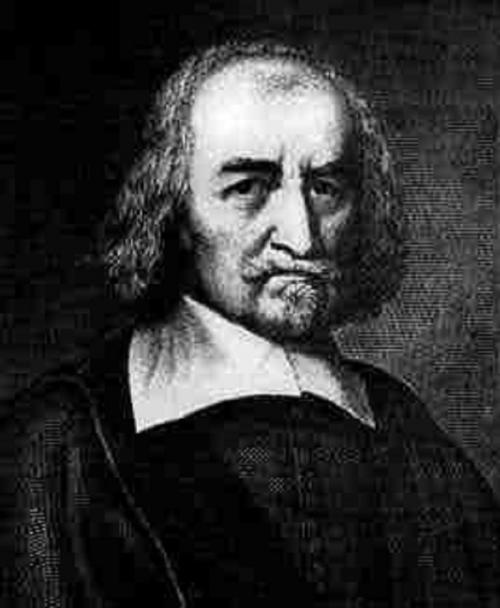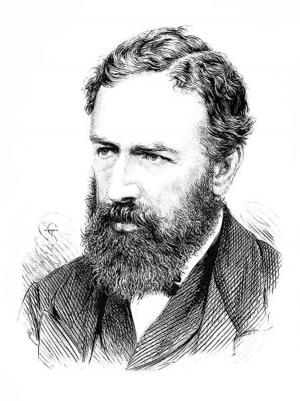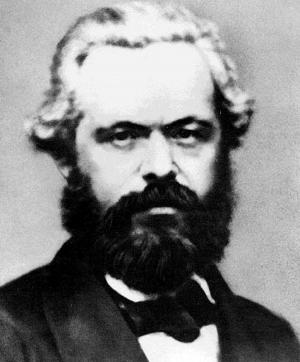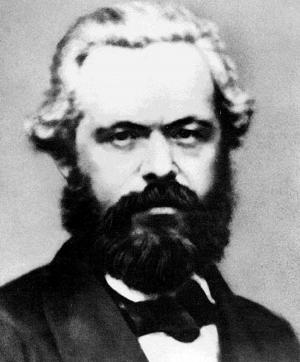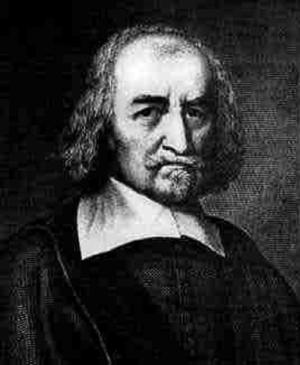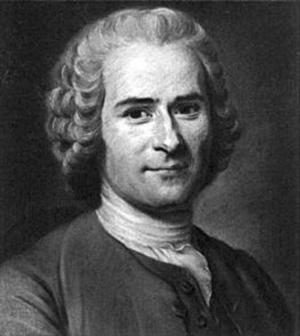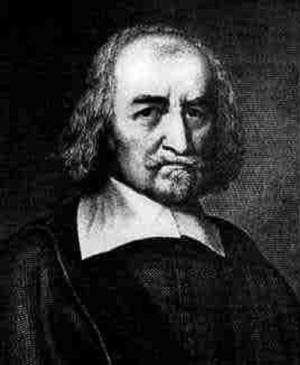A Briefe of the Art of Rhetorique: Vol. 1 - 4 in 4 (Illustrated)
Business & Finance, Economics, Macroeconomics, Theory of Economics| Author: | Thomas Hobbes, Timeless Books: Editor | ISBN: | 1230000634885 |
| Publisher: | www.WealthOfNation.com | Publication: | August 27, 2015 |
| Imprint: | Language: | English |
| Author: | Thomas Hobbes, Timeless Books: Editor |
| ISBN: | 1230000634885 |
| Publisher: | www.WealthOfNation.com |
| Publication: | August 27, 2015 |
| Imprint: | |
| Language: | English |
The book has an active table of contents for easy access to each chapter.
Thomas Hobbes is a great English philosopher and one of the founders of the modern system of political philosophy. He is in the row with the greatest thinkers as Isaac Newton, John Locke, Immanuel Kant, Francis Bacon, and Jean Rousseau. Their collected thoughts has had strong influence on building the foundation of the United States and its endeavor of open society.
In 1637, Hobbes published the first English translation of Aristotle’s rhetoric, A BRIEFE OF THE ART OF RHETORIQUE. It is regarded as a Hobbes’s expression of rhetoric as a central instrument of self-defence in an increasingly fractious Commonwealth. To Hobbes, THE ART OF RHETORIQUE is “that Faculty by which wee understand what will serve our turne, concerning any subject, to winne beliefe in the hearer”. Hobbes further explored thought about the relation between reason and law in his great political works De Cive and Leviathan.
Thomas Hobbes expressed the last words with a great pride and optimism to our future "A great leap in the dark" in his final moments of life. He is forever remembered as essential enabler, reformer, and contributor for that great leap in the dark. His work has produced great influence on modern political philosophy. His view became widely recognised as the foremost philosophical voice and his influence has been felt in nearly every field of the humanities and social sciences.
This book is one of the most important ones about political philosophy and THE ART OF RHETORIQUE by Thomas Hobbes, one of the greatest thinkers of modern philosophy on the planet.
The book has an active table of contents for easy access to each chapter.
Thomas Hobbes is a great English philosopher and one of the founders of the modern system of political philosophy. He is in the row with the greatest thinkers as Isaac Newton, John Locke, Immanuel Kant, Francis Bacon, and Jean Rousseau. Their collected thoughts has had strong influence on building the foundation of the United States and its endeavor of open society.
In 1637, Hobbes published the first English translation of Aristotle’s rhetoric, A BRIEFE OF THE ART OF RHETORIQUE. It is regarded as a Hobbes’s expression of rhetoric as a central instrument of self-defence in an increasingly fractious Commonwealth. To Hobbes, THE ART OF RHETORIQUE is “that Faculty by which wee understand what will serve our turne, concerning any subject, to winne beliefe in the hearer”. Hobbes further explored thought about the relation between reason and law in his great political works De Cive and Leviathan.
Thomas Hobbes expressed the last words with a great pride and optimism to our future "A great leap in the dark" in his final moments of life. He is forever remembered as essential enabler, reformer, and contributor for that great leap in the dark. His work has produced great influence on modern political philosophy. His view became widely recognised as the foremost philosophical voice and his influence has been felt in nearly every field of the humanities and social sciences.
This book is one of the most important ones about political philosophy and THE ART OF RHETORIQUE by Thomas Hobbes, one of the greatest thinkers of modern philosophy on the planet.
